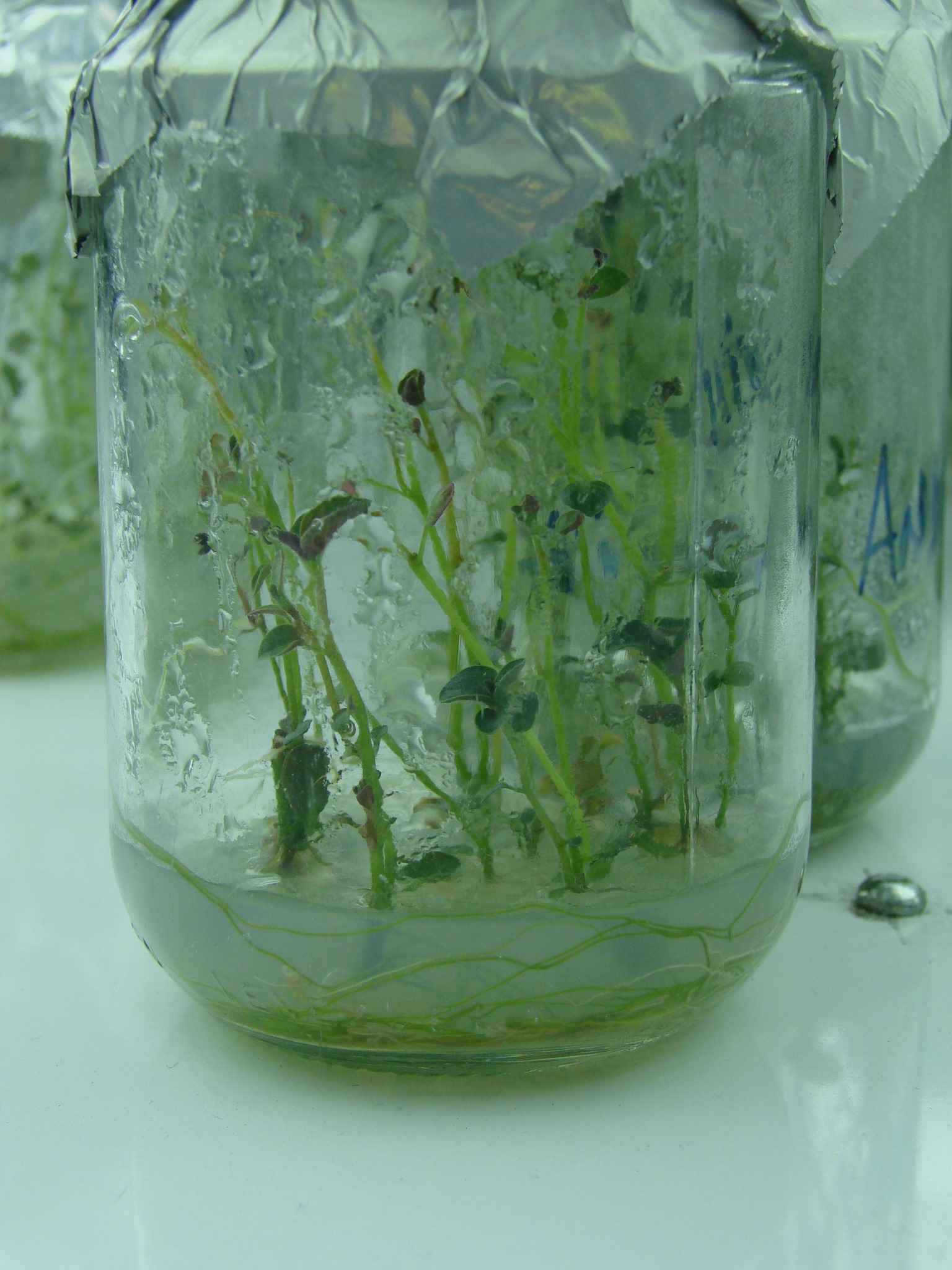Comparison of two potato seedling production systems
Abstract
In vitro culture is important and fundamental for producing planting material with a high degree of varietal purity and phytosanitary quality, rescuing endangered wild species and conserving germplasm, while the Autotrophic Hydroponic System (AHS) is used to increase the number of plants at the laboratory level. Through the AHS, in the advanced stages of seedling production, propagation is carried out by microcuttings grown under photoautotrophic conditions; they develop into hardened seedlings to be transplanted to the greenhouse. These systems are widely used for seed production; however, there are differences in the physiological responses for each of the potato varieties (Solanum tuberosum L.); In order to compare these seed production systems (in vitro and AHS), this research was carried out in the laboratory of the National Institute of Agricultural Research in Mucuchies, Mérida state, and the vegetative development of the potato varieties was evaluated. Using vitro plants under plant tissue culture laboratory conditions from the Mucuchies Experimental Field in Mérida state, from the Germplasm Bank of the International Potato Center (CIP) of the cultivars Iniafrit, Fripapa INIA, and Granola.
References
Otazu, V. 2010. Manual de producción de semilla de papa de calidad usando aeroponia. Revista International Potato Center, 30 nov. 2010 - 41 pág.
Sánchez-Cevallos M., G. Cobeña, A. Mendoza y M. Mendoza. 2019. Comportamiento de genotipos de yuca en sustratos y soluciones nutritivas. Revista ESPAMCIENCIA ISSN 1390-8103, 10(1), 37-45.


